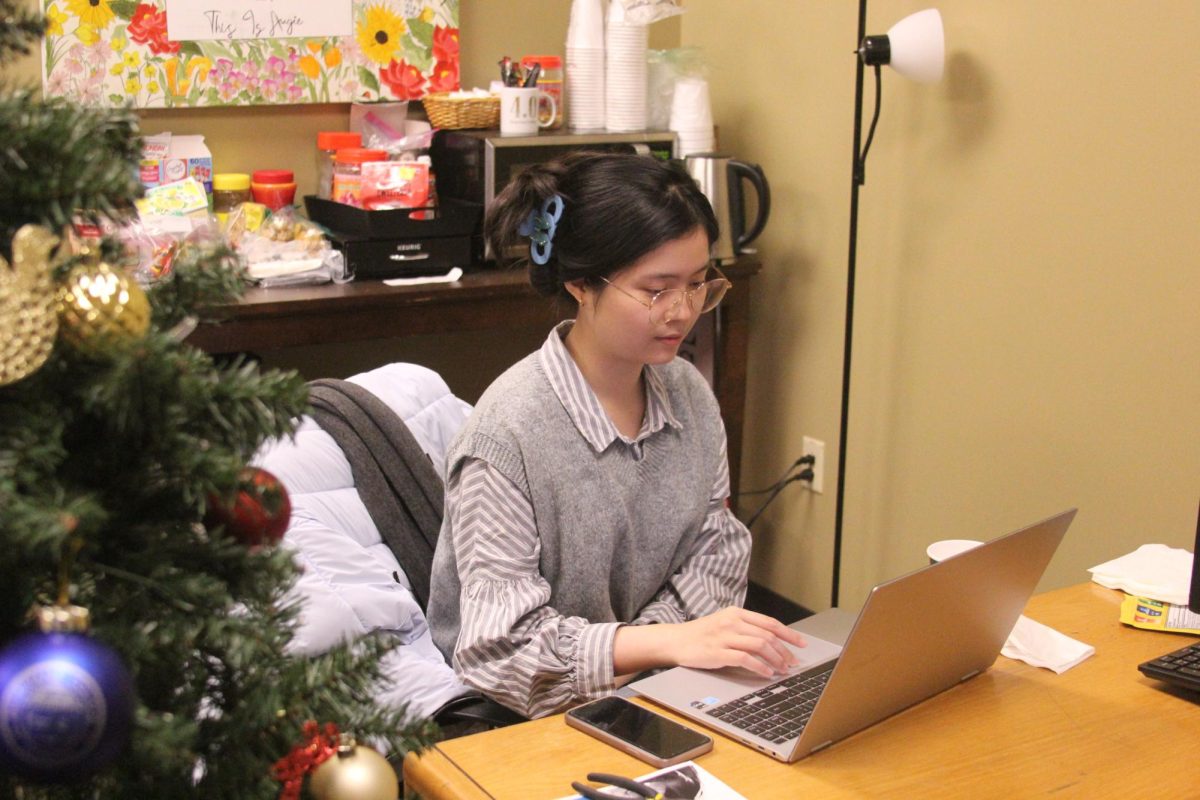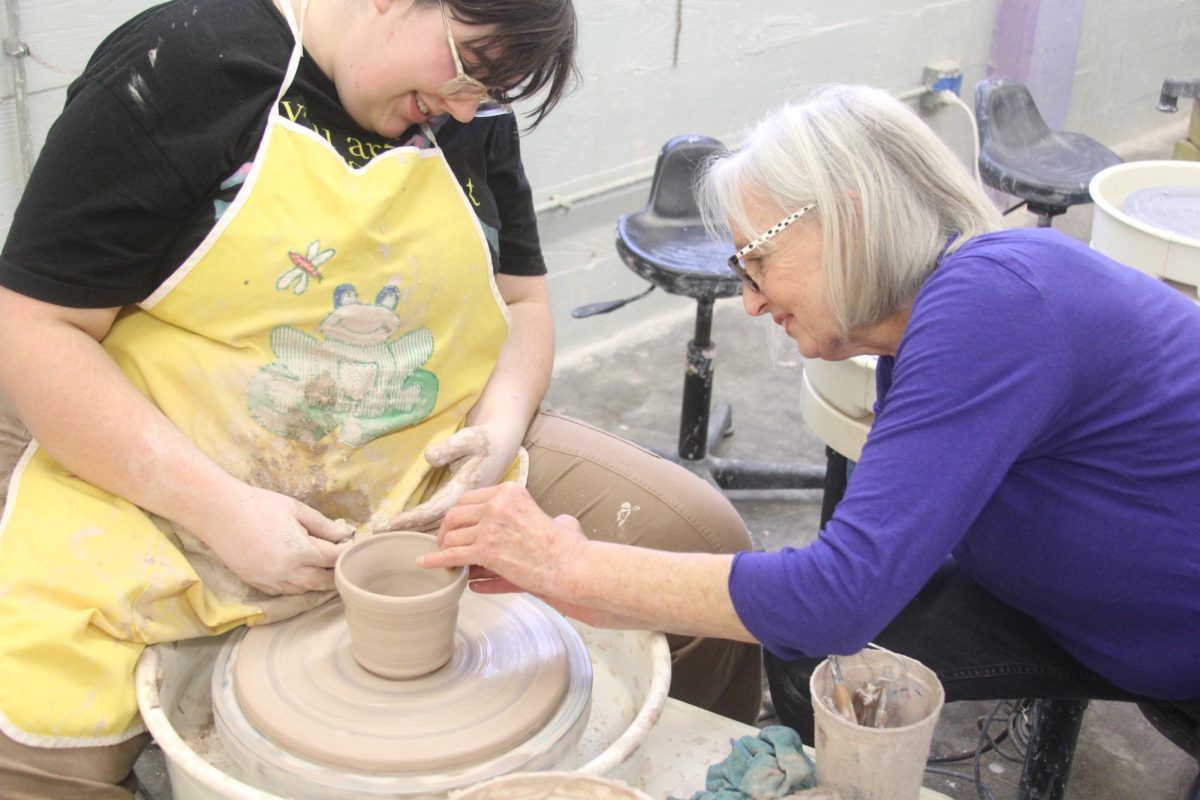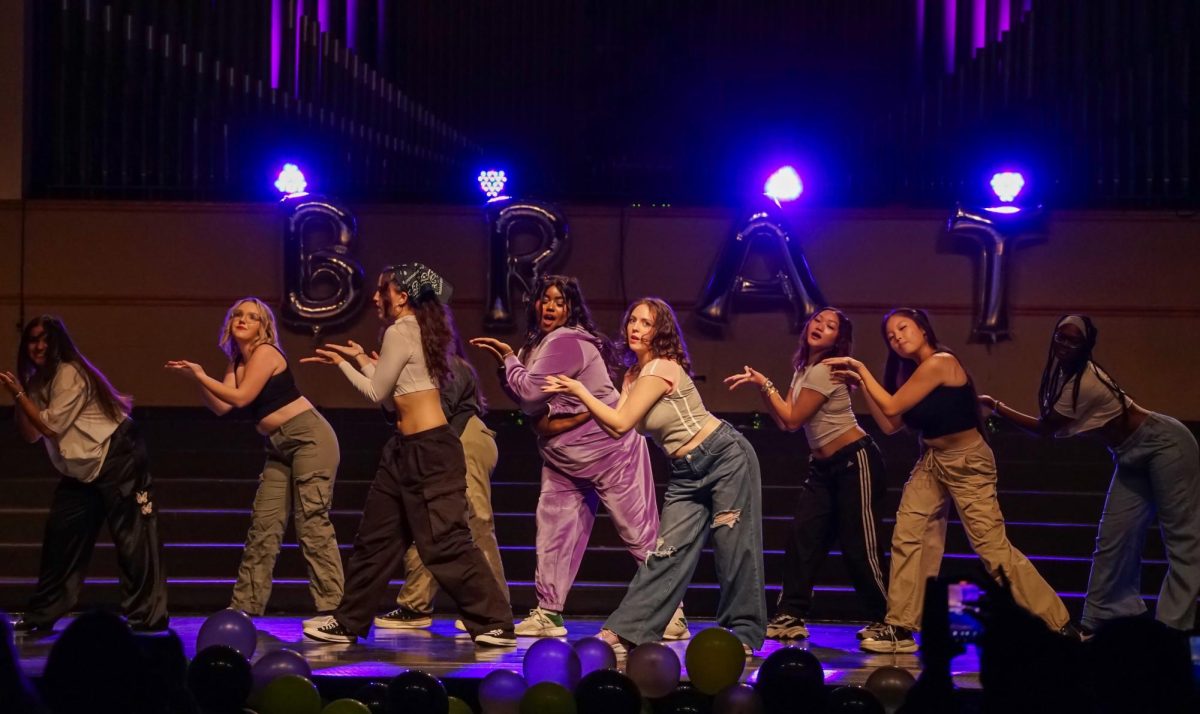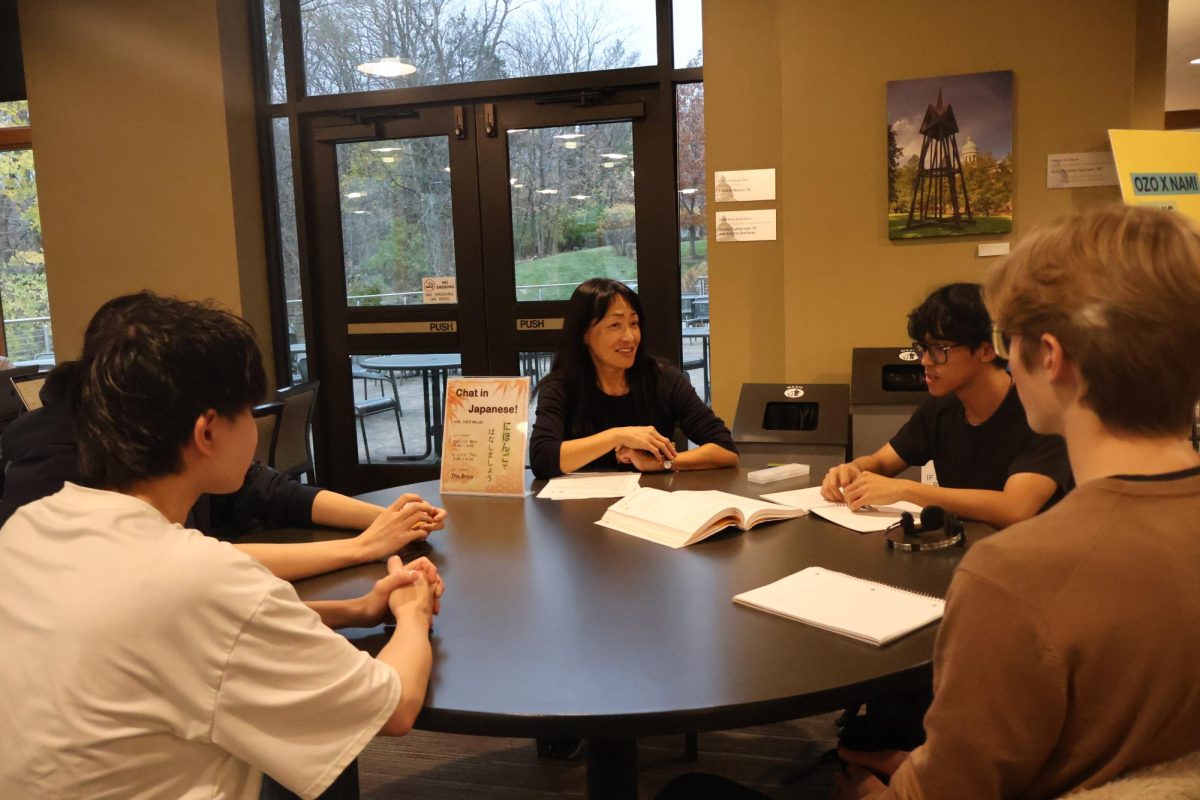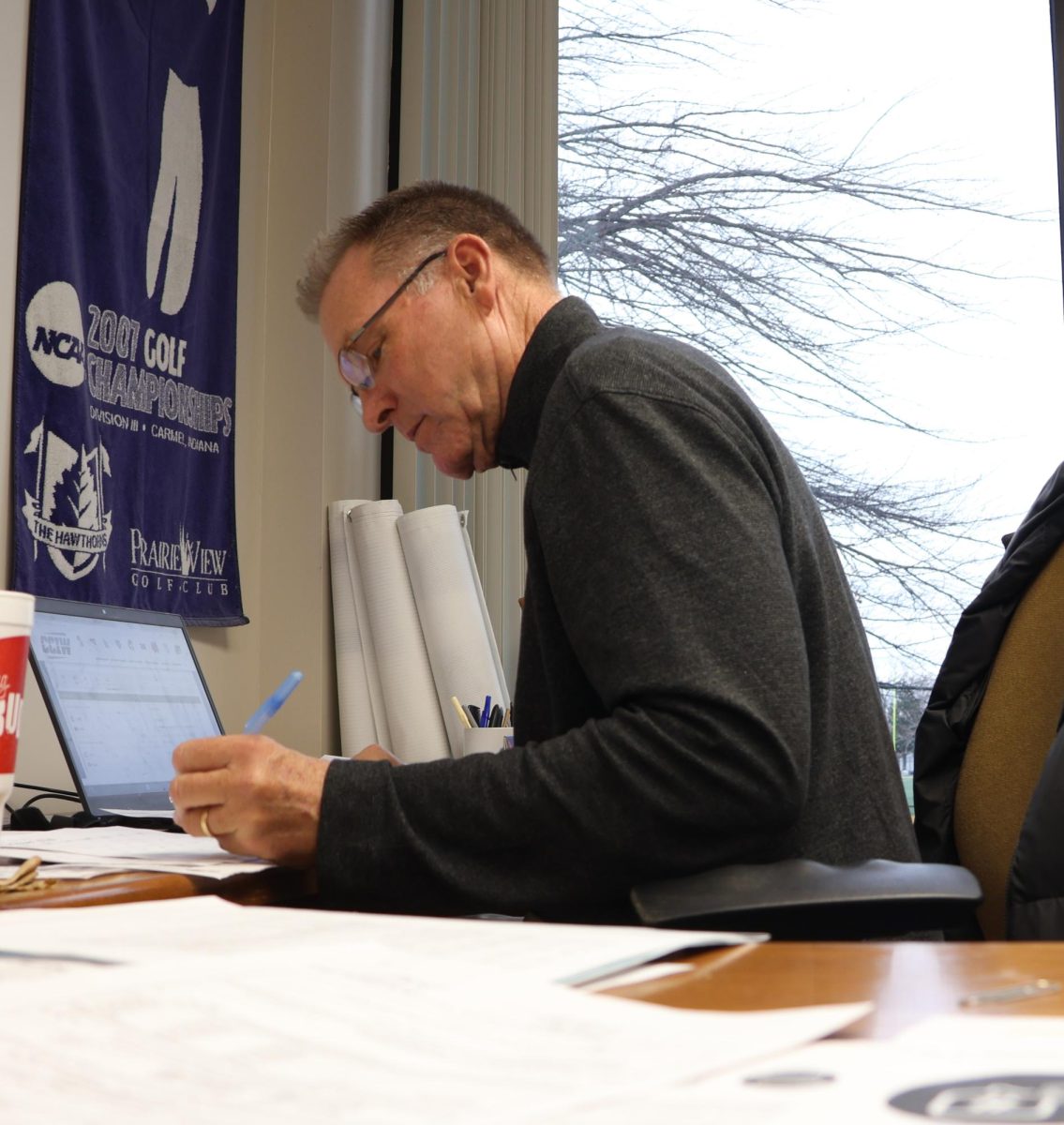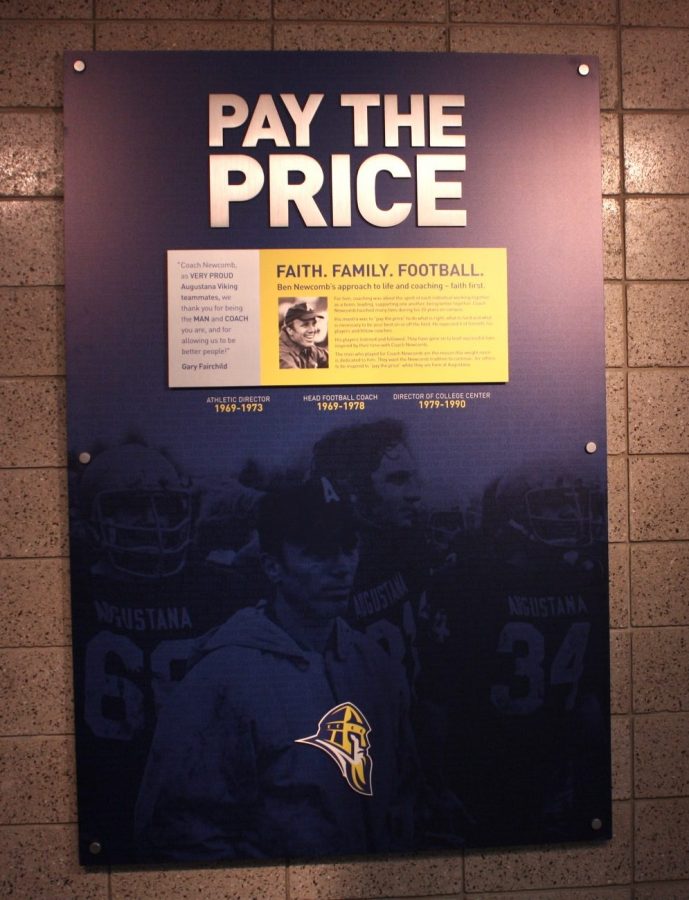Sports are often considered to be a male-dominated arena. Female athletics have come to develop the reputation of being easier, less aggressive and not as exciting. The gender gap and inequalities female athletes face are apparent at all levels, including Augustana athletics.
However, there have been countless ideas and movements that have helped to challenge the inequality within sports, such as the implementation of Title IX. Despite these measures being put into place, female athletes, including those at Augie, still face many challenges in their sport due to the long standing idea of “masculinity” in sport.
Molly Fank, a sophmore on the women’s soccer team, shared her personal experience with how the media and society’s idea of sports revolve around men and the idea of being masculine.
“I had a coach in high school that always was aggressive and always had the mantra of ‘no emotions’ on the field. And he would always say things like ‘crying is for you pillow case’ and things like that in order to get us to be sort of emotionless in the game, but I always knew that emotion was a part of the game,” Fank said.
She also said having a strong, talented group of athletes to work and play with at Augie has helped her cope with these pressures and allow her to focus more on the game itself.
Madison Shaw, a freshman on the women’s softball team, shared her similar experiences with the idea of masculinity within sports.
“As a female athlete I feel there is very little representation on livestream television and in the media.There are not as many female sports that get coverage and recognition like they deserve,” Shaw said.
She also explained how many female athletes close to her often compare themselves to male athletes and male sports since that has been what they’re exposed to most often. Regardless of the similarities between male and female sports, there are differences, and not seeing those differences represented in the media can distort your image of what a female athlete should be.
Anna Bross, a junior on the soccer team, has also experienced struggles being a female athlete within her sport.
“The idea of masculinity in sports started at the professional level. Whether that is in soccer or any other sport, even just being a man or “masculine” automatically means having more spectators at your game, more media coverage and getting paid more,” Bross said. “We are expected to be masculine and “tough,” yet are given lower expectations and are less rewarded for our efforts and successes.”
And while Bross said that she appreciates how Augie has created a fair, equal plan for the athletes in terms of field and practice time, she said that there’s still a lot of work to be done in overcoming gender inequalities in women’s sports.
Categories:
Female athletes’ outlook on masculinity within sports
October 21, 2020
0
Tags:
More to Discover

